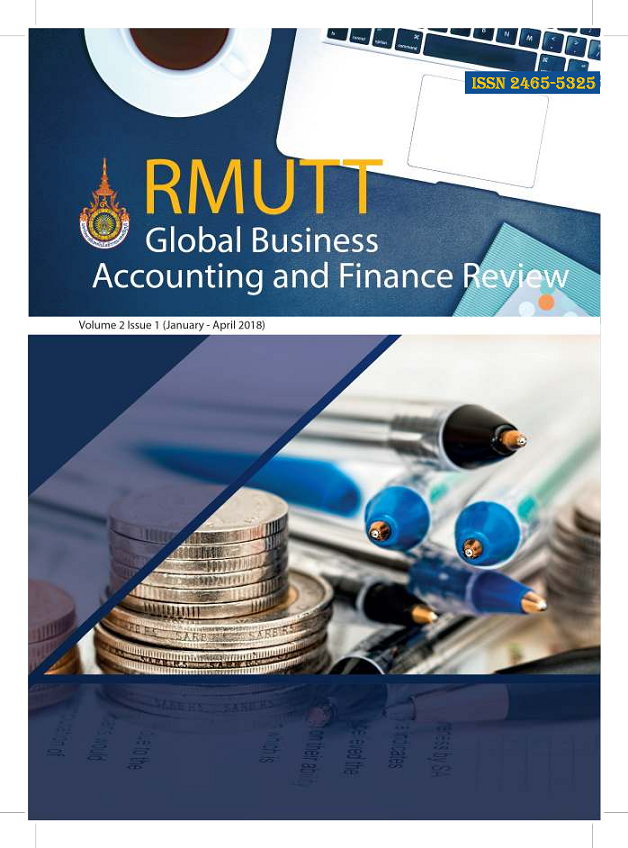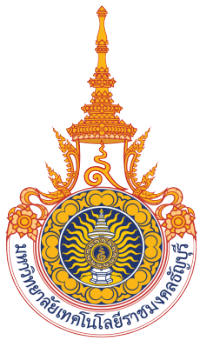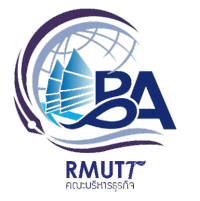CHANGE MANAGEMENT IN E-BUSINESS SYSTEM IN HOTEL MANAGEMENT: A CASE OF ANCHALEEWIWAT GROUP
Keywords:
Change Management, Hotel Management, E-business, Technology, Information ManagementAbstract
The objective of this independent study was to determine the factors that affect to the decision making of changing the E-business system in hotel management. The 200 samples were selected from among the employees in the Anchaleewiwat hotel group. Research was done by questionnaires survey. The data was analyzed by using descriptive statistics including frequency, percentage mean and standard deviation among factors that affected change management in hotel management: a case of Anchaleewiwat group.
The results of analysis show that demographic factors including age level, working experience, income level have intentions to change the management in E-business system of hotel management with a significant level of .000, .000, and .048, respectively. Furthermore, the results of analysis show that internal factors including cognitive components and behavioral components of attitude have intentions to change the management in E-business system of hotel management with a significant level of 0.017 and 0.001, respectively.
References
Aei, A. (2012). Frederic Herzberg: two factor theory. Retrieved from http://adisony.blogspot.com/2012/10/frederick-herzberg.html
Arkaphati, C. (2014). Factor affecting the attitudes in adoption of cloud computing technologies application for online accounting system services in Small and Medium Enterprise (SMEs) from accountant’s perspective. Master’s thesis, Accountancy, Faculty of Accounting, Dhurakij Pundit University.
Heidarkhani, A., Khomami, A. A, Jahanbazi, Q., & Alipoor, H. (2013). The role of Management Information Systems (MIS) in decision-making and problems of its implementation, Universal Journal of Management and Social Sciences, 3, 3, 78-89.
Karnchanawong, P. (2012). The adaptation of ICT in hospitality industries. Changrai: Maejo University.
Luanwan, O. (2012). Factors affecting information technology accpetance: A case study of community development department government complex changwattana. Independent study, General management, Rajamangala University of Technology Thanyaburi.
Myers, D. G. (2001). Social psychology (Ch. 18). In D. G. Myers (Ed.), Psychology (6th ed., pp. 643-688). New York: Worth.
Pollawan, T., Kulkaew, S., & Gerdsri, N. (2014). Behavior of QR code technology of Bangkok population. Journal of Engineering, Kasetsart University, 88, 29-40.
Stair, R., & Reynolds, G. (2014) Fundamentals of information systems (7th ed.). Massachusetts: Cengage.
Trisakhon, C. & Onputtha, S. (2015). Effect of Work Motivation and Job Satisfaction on University Personnel’s Organizational Commitment in Rajamangala University of Technology Thanyaburi and Rajamangala University of Technology Suvarnbhumi. The Proceedings of the 4th Conference in Industrial towards Eastern Economic Corridor, Burapha University
Yimpuang, C. (2011). Motivational factors affecting operation: Case study of Bangkok glass Co.,Ltd. Pathumthani Plant. Independent study, Business Engineering Management, Faculty of Management, Rajamangala University of Technology Thanyaburi.
Yodkaew, P. (2011). Attitude. Retrieved from www.gotoknow.org/posts/280647









